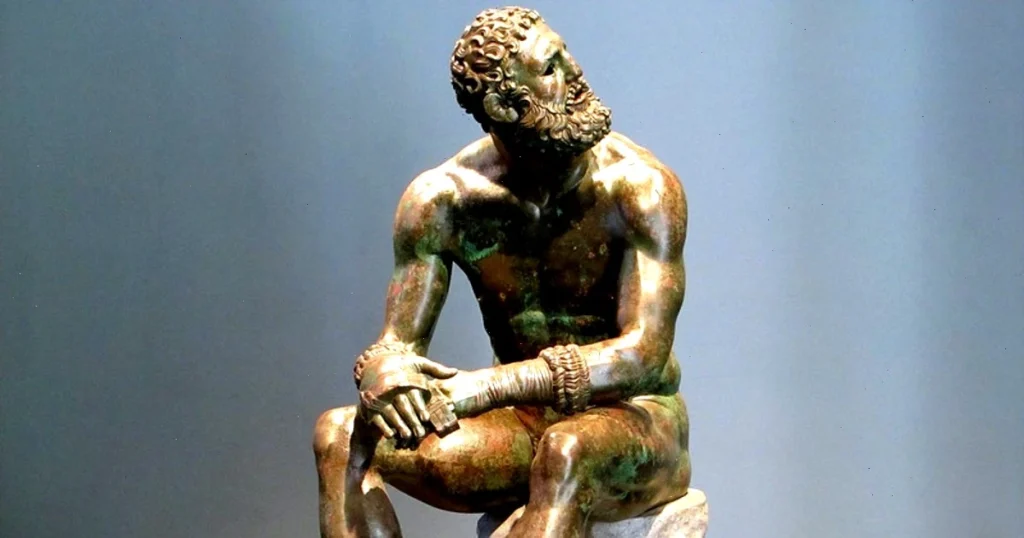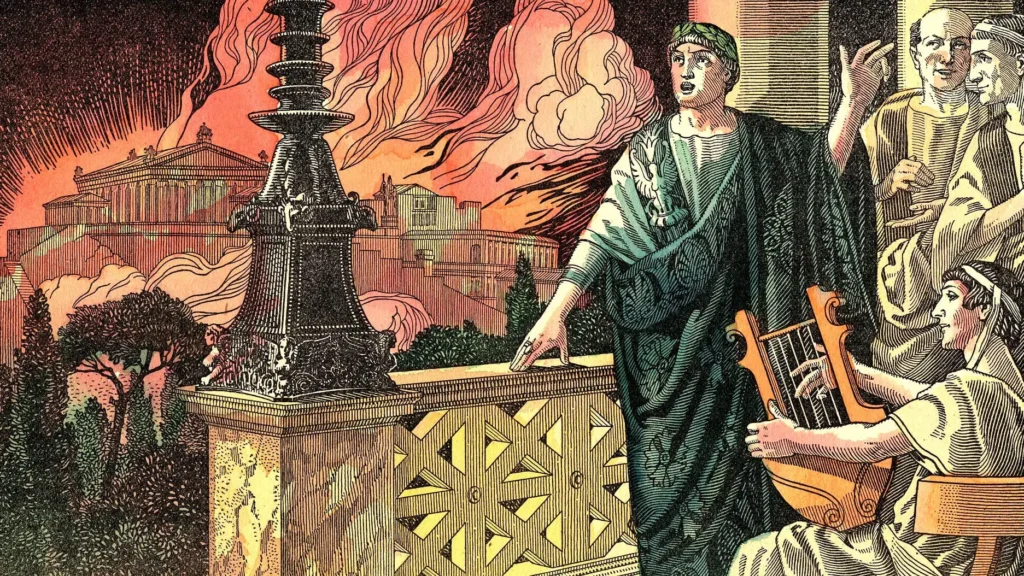Ancient Olympics Scandals and Controvercies
When most people think of the Olympic Games, they imagine honor, discipline and fair play. Yet if you look back far enough, the story is far messier. Cheating, bribery and scandal were already part of the Games in ancient Greece. Modern doping scandals may feel like a betrayal of the Olympic spirit, but in truth they are part of a much older tradition.
The drive to win at Olympia was so powerful that athletes, families and even rulers were willing to risk punishment, humiliation and sometimes violence.
Competition at Any Cost
The first Olympic Games were held in 776 BCE. Every four years, Greeks from across the Mediterranean gathered at Olympia to test their abilities in running, boxing, wrestling, pankration (a brutal mix of boxing and wrestling) and equestrian contests.
Winning mattered far more than just athletic glory. In a culture that placed little hope in an afterlife, eternal fame could only be achieved in this world. To achieve it, some people went to extraordinary, and dishonest, lengths.
One well-known case is Damonikos of Elis. Hoping to secure victory for his son, he bribed the father of a rival. Both were exposed and fined. Another example comes from the Athenian athlete Kallipos, who paid off his competitors to win the pentathlon. When the scheme was discovered, Athens refused to pay the fine and even boycotted the Games until the Oracle at Delphi refused to deliver prophecies to them. Only then did they finally give in.
These cases show just how deep the competitive spirit ran in Greek culture, and how far people were prepared to go for victory.
A Sacred Setting, Not Free From Scandal

The Olympic Games were not held in a city but at the sanctuary of Zeus in Olympia, a sacred site in the western Peloponnese. The city of Elis managed the festival, providing judges known as hellanodikai who were responsible for fairness.
The Games were part of a religious festival that included sacrifices, processions and dedications. Yet the sacred setting did not prevent bad behavior.
Take Apollonius, a boxer from Alexandria. He arrived too late to compete, claiming storms had delayed him. In reality, he had been busy competing elsewhere for money. When he was banned, he attacked the crowned victor Heracleides, turning the award ceremony into chaos.
Even judges were not always above suspicion. In equestrian events, victory went to the horse’s owner. One judge, Troilos, entered his own horses while officiating and proudly celebrated his wins. Only after this blatant conflict of interest did Elis change the rules, banning judges’ horses from competition.
Punishments and Public Shame
The Greeks knew that corruption had to be discouraged. Cheating athletes were fined, and the money was used to erect bronze statues of Zeus called the Zanes. Each bore inscriptions naming the guilty party and describing the offense. These statues stood at the entrance to the stadium, forcing every competitor to pass them and remember the price of dishonor.
The stakes were high because victory brought enormous rewards. While winners received only a wreath of olive branches at Olympia, they were showered with gifts once they returned home. Cities rewarded them with money, free meals for life, public honors and even statues in their likeness. In contrast, second and third place meant nothing. Only victory counted, which made the temptation to cheat all the stronger.
Politics and the Pursuit of Power

It was not only athletes who sought advantage. Politicians and rulers also used the Games for their own ends. The most notorious example is the Roman Emperor Nero.
In AD 67, Nero delayed the Games so he could compete in the chariot race with a ten-horse team. During the race he fell from his chariot and could not finish, yet the judges still awarded him victory. The truth soon came out. Nero had bribed the officials and even given them Roman citizenship. After his death, his victories were erased from the records and the Games themselves were declared void.
Who Was Allowed to Compete
In theory, only freeborn Greek men could take part in the Olympics. Citizens of certain cities could be banned if their community had offended the organizers, which sometimes led to deceit. One Boeotian man even claimed to be from Sparta to gain entry.
Women were not allowed to compete or even to watch the Games. The only exception was the priestess of Demeter, who held an honored place at the stadium. Women did have their own festival, the Heraia, but it was separate from the Olympics.
That did not stop some from trying. One devoted mother disguised herself as her son’s trainer to enter the sanctuary. When her son won, she leapt in celebration, revealing her true identity. Instead of being punished, she was admired for her loyalty.
Ancient Lessons for Modern Times
The stories of Damonikos, Apollonius, Nero and many others show that the Olympics were never free from scandal. The will to succeed could push athletes and rulers alike to lie, cheat or bribe. Punishments existed and were often severe, yet the rewards of victory were too tempting to resist.
Modern scandals, from doping to political boycotts, echo these ancient patterns. The Olympics have always revealed both the best and the worst of human ambition. Glory, pride and fame inspire athletes to train harder than anyone else, but those same desires can also drive people to break the rules.
The ancient Games remind us of a simple truth: the pursuit of victory has always been a double-edged sword, bringing out greatness on one side and corruption on the other.





